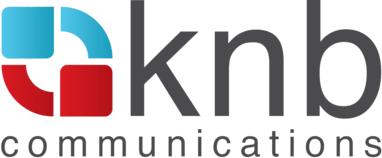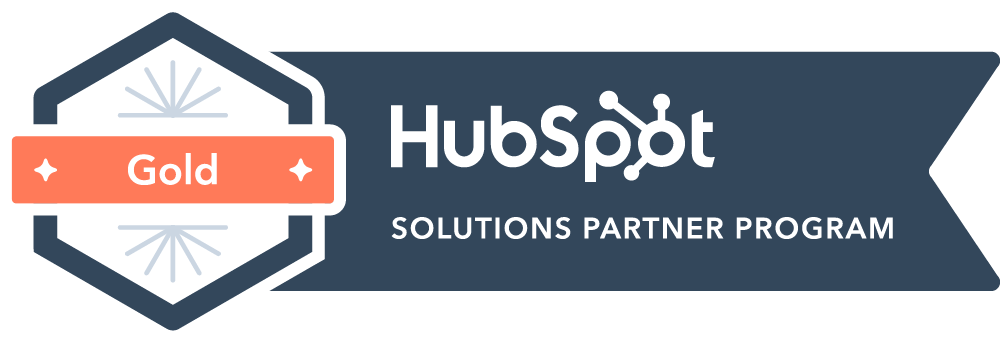Day in the life of a healthcare social media marketer
Table of contents
Introduction
Ever wondered what a healthcare social media marketer's day looks like? Join me on a journey through the daily life of professionals in the world of healthcare, health tech, biotech, and life sciences marketing. From strategizing to content creation, let's explore how marketers thrive in the digital landscape.
In the morning
Review analytics:
The day typically starts with a review of key social media analytics from the previous day or week. This includes tracking metrics such as engagement rates, follower growth, and website traffic generated from social media channels. Marketers use tools like Google Analytics, social media management platforms, and native analytics to gather this data.
Analyze insights:
Review social media analytics to identify trending topics, popular hashtags, and content that resonates with your client's audience. Look for patterns and correlations in the data.
Content planning:
Next, the healthcare social media marketer will review their content calendar. They will ensure that upcoming posts align with the organization's marketing goals and objectives. Content might include educational health tips, patient stories, updates about medical services, and promotional materials.
Competitor analysis:
It's essential to keep an eye on what competitors are doing on social media. Marketers will monitor competitor profiles, assess their content strategies, and identify areas where their own social media presence can stand out.
Social media engagement:
Marketers will also spend time engaging with their social media community. Responding to comments, messages, and mentions is crucial for building a positive online reputation and maintaining a strong connection with followers.
In the afternoon
Content creation:
After planning, it's time to create content. This could involve designing graphics, writing copy, and gathering any necessary assets. Content should be engaging, informative, and compliant with healthcare regulations, especially if it contains medical information.
Scheduling + publishing:
The marketer will schedule and publish content across various social media platforms at optimal times. They might use social media management tools like Buffer, Hootsuite, or Sprout Social to automate posting.
Paid advertising:
If the healthcare organization has budgeted for social media advertising, the marketer will manage ad campaigns. This includes setting budgets, defining target audiences, and monitoring ad performance. A/B testing may be conducted to optimize ad creative and messaging.
Monitoring mentions:
Throughout the day, it's crucial to monitor brand mentions and trending healthcare topics on social media. This can help in identifying opportunities for engagement or content creation.
Collaboration:
Collaborating with graphic designers, writers, and SEO specialists is crucial. These healthcare marketing professionals work as a team to create cohesive, effective campaigns.
Innovation + learning:
The ever-evolving healthcare landscape demands continuous learning. Marketers stay updated on industry trends, ensuring their content remains fresh and relevant.
Networking:
Building relationships with influencers, healthcare professionals, and peers helps in expanding the brand's reach. Marketers invest time in networking, both online and offline.
Data analysis:
Toward the end of the day, the marketer will analyze the performance of the day's social media activities. They'll compare metrics against established goals and identify trends or insights that can inform future strategies.
Adjusting strategy:
Based on the data analysis, the marketer may adjust their social media strategy. This could involve revising content plans, reallocating ad budgets, or experimenting with new engagement tactics.
Reporting:
A key part of the healthcare social media marketer's role is reporting on social media performance. They may prepare reports summarizing key metrics, trends, and insights to share with stakeholders or the marketing team.
End of the day
Content approval:
If content requires regulatory approval, the marketer may spend time in the evening obtaining the necessary approvals to ensure that content is ready for the next day's publishing.
Reporting:
Before wrapping up the day, healthcare social media marketers generate reports on the day's achievements and share insights for improvement.
Preparation for tomorrow:
Marketers conclude by preparing a to-do list for the next day, ensuring a productive start.
Additional insights into healthcare social media marketing
Healthcare social media marketing is a specialized field that requires a unique set of skills and strategies due to the sensitive and highly regulated nature of the healthcare, health tech, biotech, life sciences, and pharma tech industries. In addition to the activities mentioned in the blog, here are some additional insights and information about healthcare social media marketing:
Compliance + regulations:
Healthcare social media marketers must be well-versed in industry regulations, including HIPAA (Health Insurance Portability and Accountability Act) in the United States and similar laws in other countries. They need to ensure that all content, including patient testimonials and medical information, complies with these regulations to protect patient privacy and data security.
Content approval process:
Healthcare organizations often have rigorous approval processes for social media content. Marketers may need to work closely with legal and compliance teams to ensure that every post adheres to the organization's standards. This can sometimes lead to delays in content scheduling, so effective communication and planning are essential.
Educational content:
Educational content is a key component of healthcare social media marketing across healthcare, health tech, biotech, life sciences, and pharma tech. Marketers often create content that informs the public about various health topics, prevention strategies, innovative technologies, and treatment options. This content should be evidence-based and accurate to establish trust with the audience.
Crisis management:
Healthcare organizations across these industries are susceptible to crises, and social media is often the first place where issues surface. Social media marketers must be prepared to handle negative comments, address misinformation, and manage public relations crises effectively. Developing a crisis management plan is crucial to navigate these challenges successfully.
Patient engagement + advocacy:
Building a community of engaged patients, healthcare professionals, and advocates is a long-term goal for healthcare social media marketers. Encouraging patients to share their success stories, participate in discussions, and become brand ambassadors can have a significant impact on a healthcare organization's reputation in healthcare, health tech, biotech, life sciences, and pharma tech sectors.
User-generated content (UGC):
Encouraging patients and healthcare professionals to generate content can be a powerful strategy across these industries. Sharing user-generated content, such as testimonials, case studies, and innovative use cases, can enhance credibility and authenticity.
Analytics tools:
In addition to Google Analytics and native social media analytics, healthcare social media marketers may use specialized healthcare analytics tools to track key performance indicators (KPIs) like patient conversions, appointment bookings, clinical trial recruitment, and patient satisfaction scores. These tools are particularly important in the pharma tech and life sciences sectors.
Ethical marketing:
Ethical considerations are paramount in healthcare marketing. Marketers should prioritize the best interests of patients and avoid any unethical practices, such as promoting unnecessary treatments or making false claims. This ethical approach is critical across all healthcare-related industries.
Continuing education:
Staying informed about the latest developments in healthcare, including medical breakthroughs, innovative technologies, treatments, and regulatory changes, is vital. This knowledge enables marketers to create timely and relevant content and is especially important in the rapidly evolving fields of health tech, biotech, life sciences, and pharma tech.
Multichannel strategy:
Healthcare social media marketing often involves a multichannel approach, including platforms like Facebook, Twitter, LinkedIn, Instagram, and YouTube. Different channels may be used to target specific demographics and share different types of content, making a robust multichannel strategy essential across these industries.
Conclusion
A day in the life of a healthcare social media marketer is dynamic, demanding creativity, strategic thinking, and a deep understanding of the healthcare, health tech, biotech, and life sciences industries. These professionals play a pivotal role in disseminating valuable information to the public, bridging the gap between healthcare innovations and the people who need them.
Search










